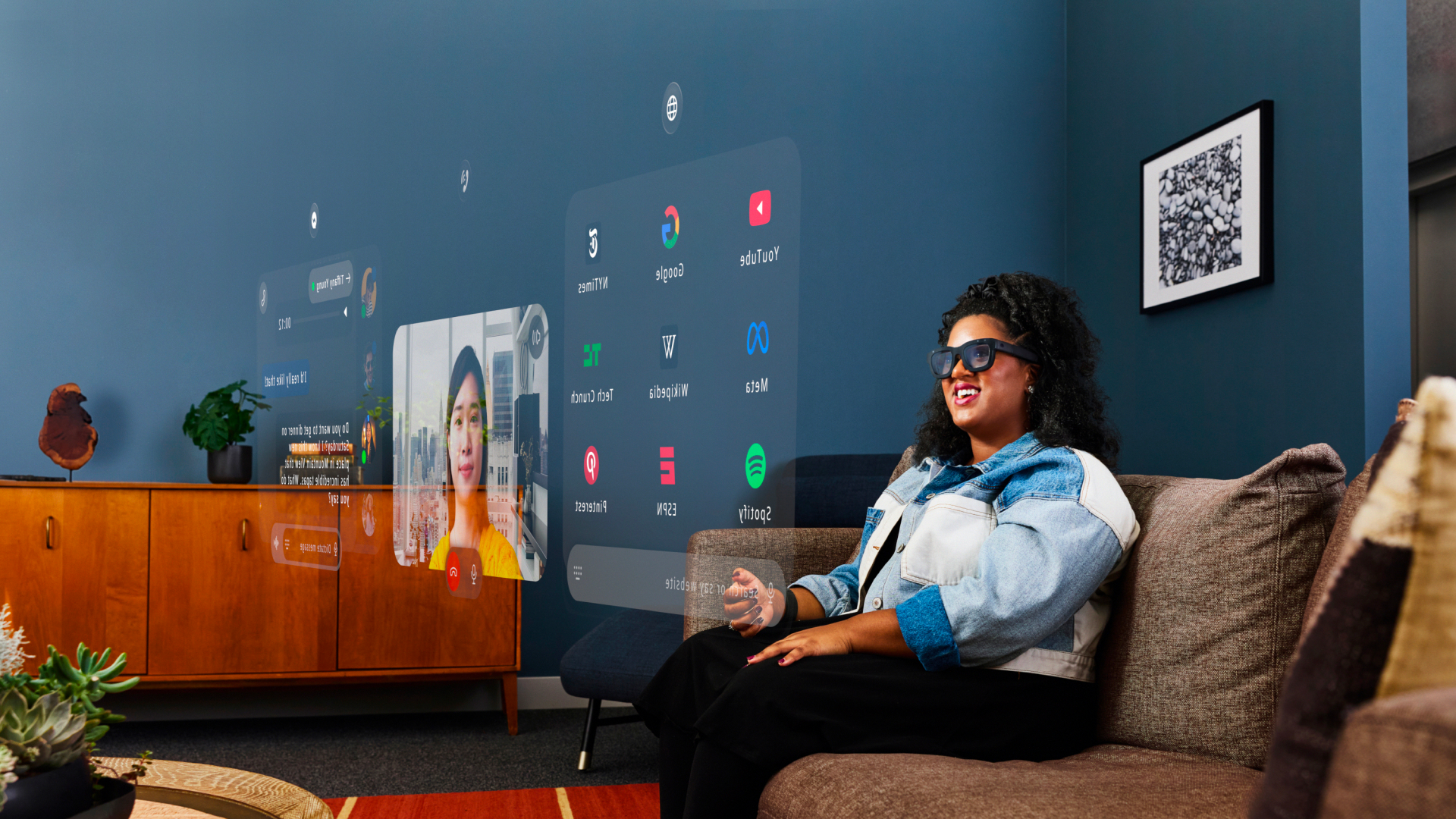
A decade after universally mocking Google Glass wearers, AI smart glasses may finally have their moment. We're starting to see AI-enhanced wearables for the face appear with an ever-growing array of features designed to entice you, with big names like Meta and Baidu, as well as startups like Brilliant Labs and Solos employing AI models and advanced hardware to change how we see the world, literally and metaphorically. Here are the biggest reasons 2025 will be the year for AI smart glasses.
Smart glasses focus AI in useful ways.
As people become more comfortable with using advanced AI tools, they want to use them in more settings. That can be annoying if you're driving or don't want to pull out your phone constantly. Unlike Google Glass, modern smart glasses are designed around easy access while not being distracting to people around you. Meta’s partnership with Ray-Ban, for example, offers a device that can take photos and videos, link you to the Meta AI assistant, and still look like stylish frames. Throw in features like real-time translation and health metrics, as showcased in the Solos AirGo 3 Smart Glasses, and the blending of eyewear and AI makes a lot of sense.
Plus, smart glasses may be the best way to get generative AI into hardware. Compare the excitement over smart glasses to t the struggles of devices like the Humane AI Pin, the Rabbit R1, and the Plaud.ai NotePin. Smart glasses feel like a much safer bet than any other devices made explicitly for AI.
Productivity face
Converging with the recognition of smart glasses as the best vehicle for AI is how people use AI in ways that lend themselves to smart glasses. Next year, you might be wearing your personal study buddy or office assistant on your face. Brilliant Labs is envisioning that future with their Frame Smart Glasses. Equipped with the proprietary Noa AI assistant, they're specifically aimed at busy people by linking reminders, contextual information, and task lists to the wearable.
The same goes for Baidu and its new Xiaodu Smart Glasses. Powered by the Ernie large language model, Baidu's glasses include answers about the world around you, like nearby restaurants, and even track calories from your meals. Context-based conversational AI has only become feasible on a wide scale in recent months, but having sensors and communication tools on your face makes it a lot better for task management. The two trends reinforce each other.
Augmenting reality with augmented reality
Smart glasses can include everything from tiny speakers linked to a voice assistant to a small screen inset on one of the lenses. But augmented reality offers to completely overlay what you see with extra information. Improvements in augmented reality alone wouldn't mean AI smart glasses will have a huge 2025, but as Meta has teased with Orion, smart glasses that employ augmented reality along with AI could be a huge new market.
Orion doesn't come out until next year, but it's not alone in leveraging AR with AI. Brilliant Labs’ Frame Smart Glasses are also big on boosting experiences through AR with an open-source platform that encourages developers to create tailored applications, meaning you could soon have custom-built apps suited to your needs.
It may not be exactly around the corner, but a future where we are all wearing AI-fueled smart glasses is coming more into focus every week.







